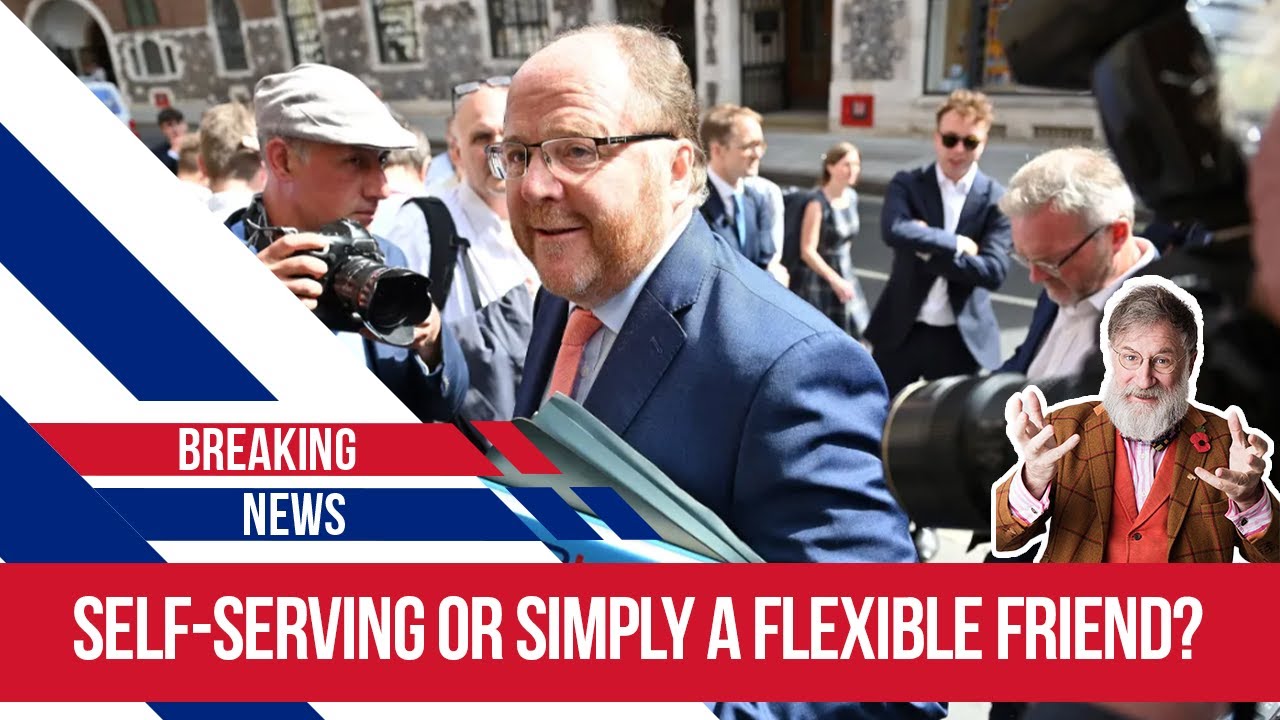George Freeman, a former Conservative MP, is depicted as an opportunistic politician whose career has been stained by scandals, including collaborating with an environmental firm to craft questions that benefit their interests and publicly claiming financial hardship while earning a ministerial salary. Despite these controversies, he remains active in policy debates, notably opposing AI copyright reforms, but his actions suggest a focus on self-promotion and aligning with popular causes rather than consistent ethical principles.
George Freeman, a former Conservative minister, is depicted as a politician whose career has been marred by self-inflicted issues. His tendency to align with popular policy trends and his sense of victimhood are highlighted as defining traits. Recent revelations from the Sunday Times email leak suggest that Freeman may have engaged in questionable conduct by collaborating with an environmental firm, GHGSat, in drafting parliamentary questions that served the company’s commercial interests. This raises concerns about his adherence to parliamentary conduct rules, which prohibit MPs from pursuing private business interests through official proceedings.
The leaked emails show Freeman consulting with GHGSat’s director on how to frame questions about government programs and funding—questions that directly affected the company’s business. Freeman then submitted questions that closely matched the company’s instructions, which contradicts ethical standards and parliamentary codes of conduct. Instead of issuing a clear apology, Freeman has referred himself to the standards commissioner, maintaining that he has done nothing wrong—an assertion many find implausible given the evidence.
Adding to the controversy, Freeman publicly complained about financial struggles, claiming he couldn’t afford his mortgage despite a substantial ministerial salary. This display of personal hardship was met with ridicule, especially during Prime Minister’s Questions, where critics suggested that for someone earning six figures, reconsidering his career options might be advisable. Amidst these scandals, Freeman is reportedly planning a new career pursuit, envisioning himself as a political comeback figure akin to Michael Portillo, though with less charm and more self-inflicted pitfalls.
Despite these controversies, Freeman has taken public stances on significant policy issues, notably opposing changes to copyright rules that would enable AI firms to mine creative content. He claims his opposition is motivated by protecting artists’ rights, and he asserts that he successfully blocked reforms as AI minister that would have been detrimental to creators. While his position on AI and copyright reflects a commendable stance against intellectual property theft, it contrasts sharply with his alleged cozy relationships with paying clients for parliamentary questions, suggesting a complex and inconsistent stance on ethics.
Overall, Freeman is portrayed as a figure driven by self-interest and opportunism, often aligning himself with causes that serve his personal reputation or ideological preferences. His involvement in scandals, combined with his advocacy for various popular causes, paints a picture of a politician more focused on self-promotion than public service. His story serves as a cautionary tale about the dangers of self-regard and losing sight of the principles and responsibilities that come with public office.
